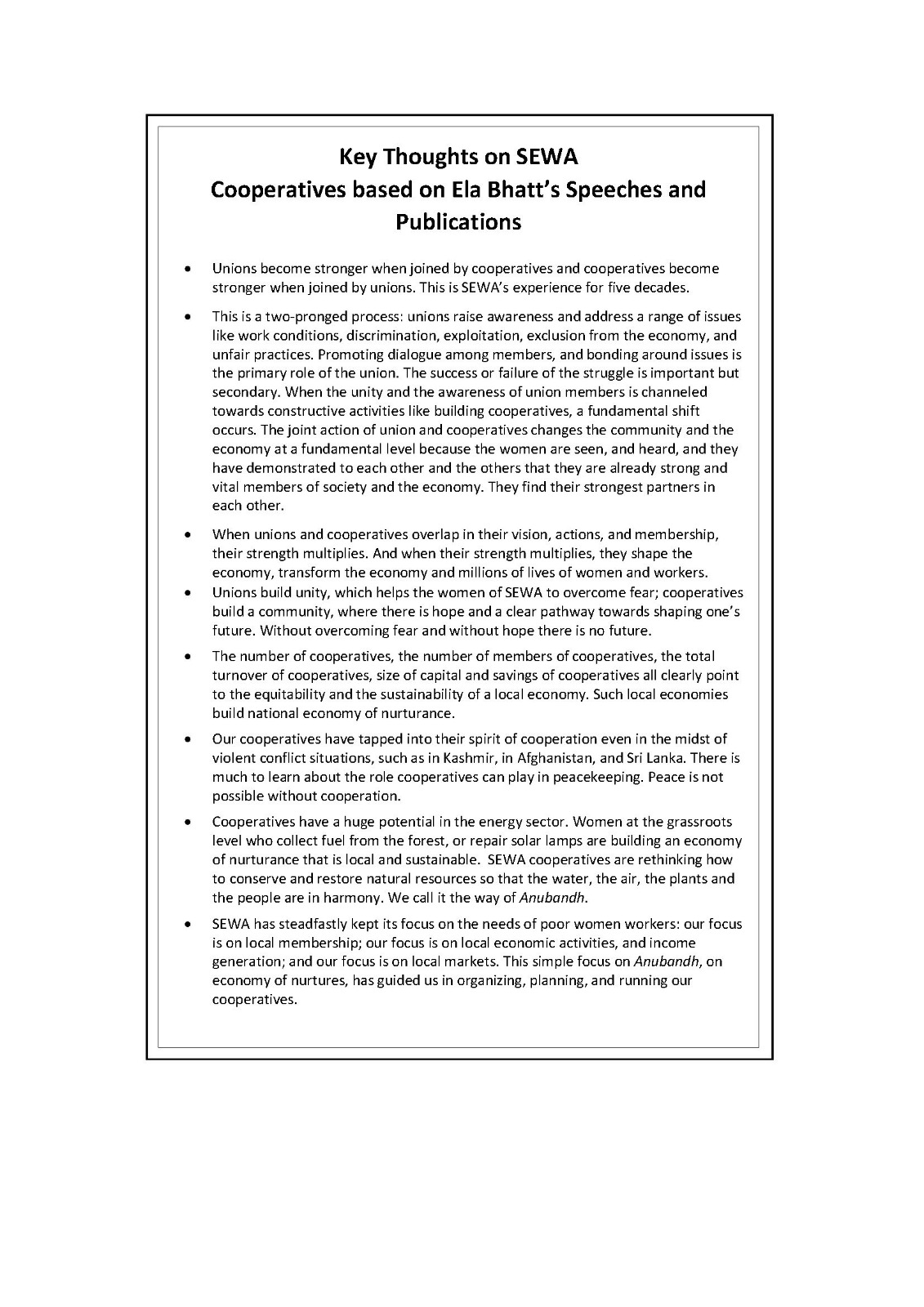December 4 2024
SEWA rallies for Women’s Land Rights: A Strong Step Towards Women’s Self-Reliance
December 4 2024
As world celebrates International year for Cooperative, SEWA shares its founders’ visionary thoughts on Joint action of Union and Cooperatives
December 4 2024
Climate Crisis in Paradise: SEWA member’s Response to Kashmir’s Environmental Challenges!!
December 4 2024
HUM SAB EK (We Are One) An Economy of Nurturance
December 4 2024
SEWA takes the position of StreetNet Regional (Asia) Focal Point


